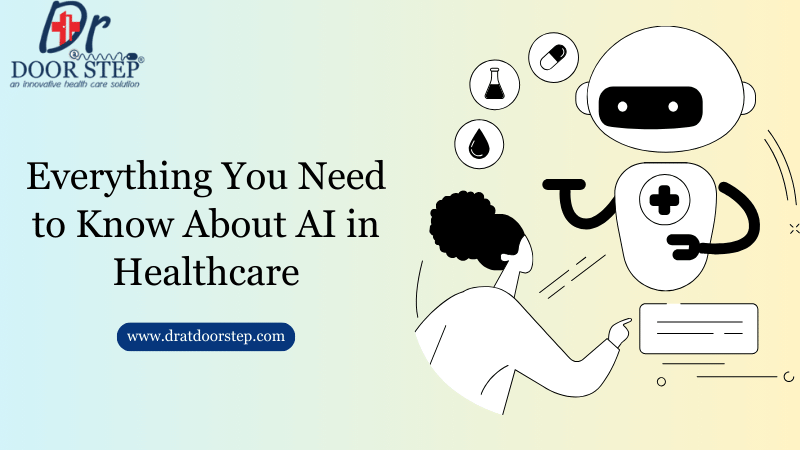Everything You Need to Know About AI in Healthcare


Doctor at Your Doorstep: The Future.
Feeling unwell but waiting in a long queue outside a clinic? What if healthcare quality can be brought to you?.
Read More
9 Biggest Trends in Healthcare Marketing.
Conventional marketing and healthcare marketing are slightly different. In traditional marketing, companies frequently ask their target consumers to buy.
Read More

